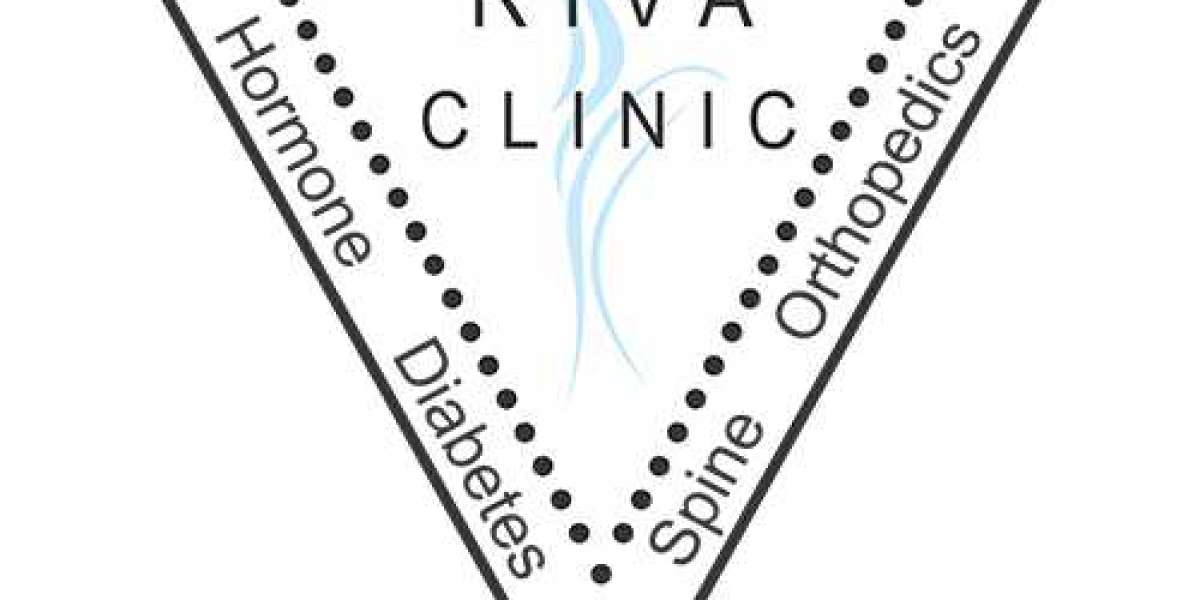PMDD
Pre-menstrual Dysphoric Disorder to give it the full title.
I saw a story posted by a friend a few days ago, I think it was from This Morning. It was Vicky Pattison talking about her experience with PMDD. So what is it? PMDD is like having PMS on steroids, with some other stuff thrown in and yes, I know from personal experience how shit it can be. Imagine the worst PMS you’ve ever had and then at least double it, horrendous mood swings, massive headaches and boob pain that make your boobs feel like the watermelon’s Baby carried to the party. At it’s worst mine actually lasted almost 3 weeks in every month as well.
Some women won’t be able to work, socialise or even function as they usually would. They might not want to speak to people, enjoy all their usual activities and some might actually feel suicidal.
It’s estimated that around 5% of women have PMDD, I believe that’s an under-estimate because of the difficulties women have actually finding out they have PMDD. Add to that nobody really knows for sure why some women get it, it could be genetic, it could also be some women are just more sensitive to the changes in hormones and there is also some evidence stressful past events and trauma could be a link too. Oh and stress increases the symptoms too.
PMDD is not very well known, even in the healthcare sector so getting diagnosed in the first place can be really difficult. There are guidelines for diagnosis and treatment from NICE and National Association for Premenstrual Syndrome (NAPS) which you could print off and take with you to the GP.
I had a client earlier this year who had been off sick from work with what seemed to be severe depression and anxiety but she told me there were a few weeks that could be ok. When we unpicked it all I asked if she had considered PMDD, she was a healthcare professional working with women but she had no clue what it was. BUT, because we unpicked it and she kept a diary she was able to go to her GP with evidence and get the treatment she needed. Not just with her mental health from me but with the physical symptoms too.
I talk about tracking your cycles A LOT and this is where it can be at it’s most helpful. Even the trickiest GP can’t ignore evidence you’ve kept in a diary or journal, it might even help you realise you’re not making things up and there really is something more going on.
One more thing, I hear all the time about women talking to other women and being told - it’s just PMS we all have it, just suck it up. Let’s stop doing this now - it’s time to lift each other up and not bring other women down. Tracking and working with your cycle can help reduce PMS symptoms because you’re working with your body’s natural rhythms, let’s normalise this instead of fitting into the stereotype we’ve been sold.








